
Hosted by Long and Short Reviews.
Click here to read everyone else’s replies to this week’s question and to read everyone else’s replies to this week’s question and here to see the full list of topics for the year.
Of course, there are often errands and appointments to take care of over the weekend like dental cleanings, getting this year’s flu and covid vaccines, grocery shopping, mailing off birthday cards to relatives, or buying a new shower curtain. My assumption this week is that we’re focusing on fun things we do on weekends instead of the necessary grownup stuff.
I’ve already talked about a lot of my interests in previous Wednesday Weekly Blogging Challenge posts, so I’d imagine this isn’t going to be a particularly surprising post for anyone who has followed me for a while.
How I spent my weekends depends on the season. If it’s spring or autumn and rain is not in the forecast, I like to go outdoors and enjoy places like walking trails, parks, or beaches (which, aside from the general lack of waves and saltwater creatures, look and feel a lot like Pacific or Atlantic beaches because of how huge Lake Ontario is. You can gaze out upon it and see nothing but water shimmering from here to the horizon. It’s spectacular.)
Toronto Island is a particularly fun place to visit because of how much there is to do there. They have an amusement park, a maze made from large trimmed evergreen bushes, beaches, petting zoo, cycling trails, golf courses, haunted lighthouse, and so much more. It can be an expensive day if you want to ride all of the rides, but it can also be a free one other than the cost of your ferry ticket and whatever food you pack for a picnic. I love versatile options like this.
Nature is so soothing to me.
Late November is a tossup when it comes to enjoying the outdoors. It might be relatively warm and dry (about a high of 10 Celsius or 50 Fahrenheit) on the odd day, but it can also easily be snowing, sleeting, foggy, raining, and/or bitterly cold at this time of year.
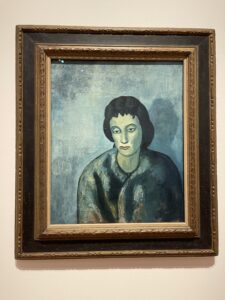 On damp, chilly days, I do things like:
On damp, chilly days, I do things like:
- Go to the library for bookish events or to visit their free little museums of vintage books
- Buy a tea or a vegan donut at a coffee shop
- Do dance, kickboxing, yoga, or weightlifting workouts at home
- Watch Spanish films (I’m understanding a lot more Spanish now!)
- Take short walks out in the snow if it’s only moderately cold
- Go out for coffee or dinner with a friend
- Get all holiday shopping done ASAP so I can avoid the huge crowds next month
- Take a nap
- Play board or card games
- Spend too much time on social media (If we’re being honest here 😄)
- Find fun, free cultural events like food festivals, musical events, art shows, vegan Christmas markets, etc. They’re not as numerous now, but they do still happen!
- Visit museums that have cool new exhibits. A couple of years ago I was lucky enough to see some of Picasso’s paintings, one of which I included in this post. It just depends on who they have in the gallery.


 Honestly, I do not think my answers are going to be very impressive this week. When I was a teenager, I read dozens of classic novels and enjoyed many of them. The classics I have still not yet read are, for the most part, books that do not appeal to me for a variety of reasons and that I will probably never read.
Honestly, I do not think my answers are going to be very impressive this week. When I was a teenager, I read dozens of classic novels and enjoyed many of them. The classics I have still not yet read are, for the most part, books that do not appeal to me for a variety of reasons and that I will probably never read.
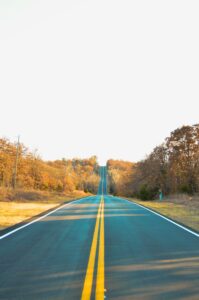 1.
1.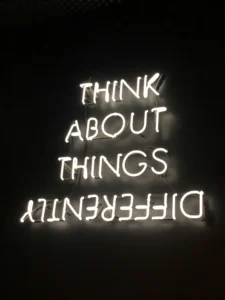 Here are my answers for this week’s prompt.
Here are my answers for this week’s prompt.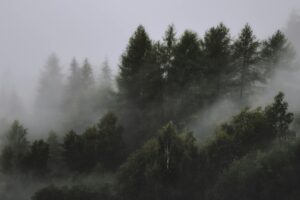 Here’s a fun fact about me: I love foggy days so long as I don’t have to travel anywhere during them. (Driving in fog is too dangerous for me to ever look forward to it!)
Here’s a fun fact about me: I love foggy days so long as I don’t have to travel anywhere during them. (Driving in fog is too dangerous for me to ever look forward to it!)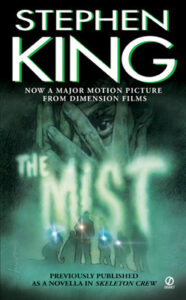
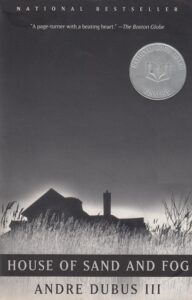
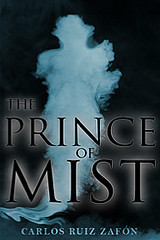
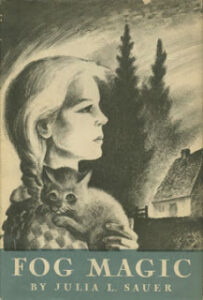
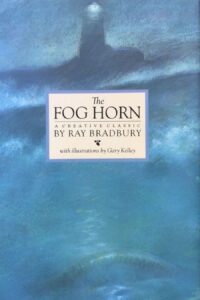
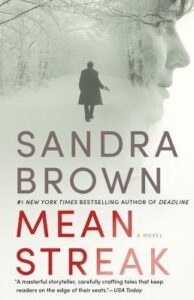
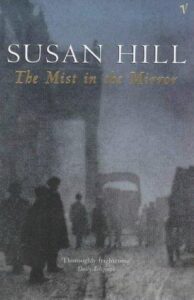
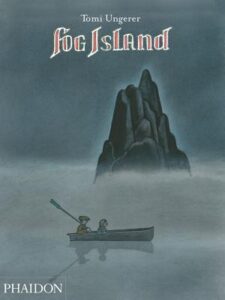
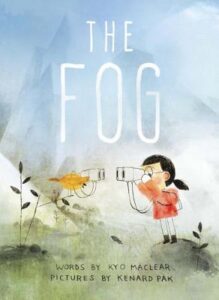
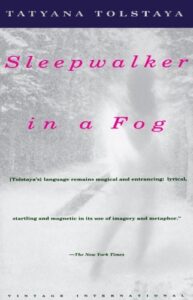
 (I received my annual covid and flu vaccines yesterday, so I may be a little late responding to other people’s posts depending on how I’m feeling today.)
(I received my annual covid and flu vaccines yesterday, so I may be a little late responding to other people’s posts depending on how I’m feeling today.)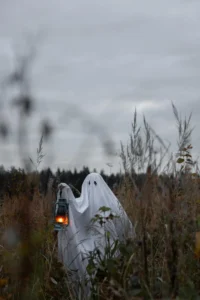 The Halloween freebie post is one of my favourite recurring Top Ten Tuesday topics because Halloween is my favourite holiday of the year and I love seeing what everyone does with this theme.
The Halloween freebie post is one of my favourite recurring Top Ten Tuesday topics because Halloween is my favourite holiday of the year and I love seeing what everyone does with this theme.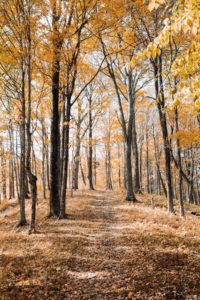 If I’m bored but cannot leave my surroundings because I’m sitting in a waiting room or the weather outside is frightful, I’ll probably people watch, read a book, or play Royal Match (a tile matching game) on my phone.
If I’m bored but cannot leave my surroundings because I’m sitting in a waiting room or the weather outside is frightful, I’ll probably people watch, read a book, or play Royal Match (a tile matching game) on my phone. These days I am generally not interested in:
These days I am generally not interested in: